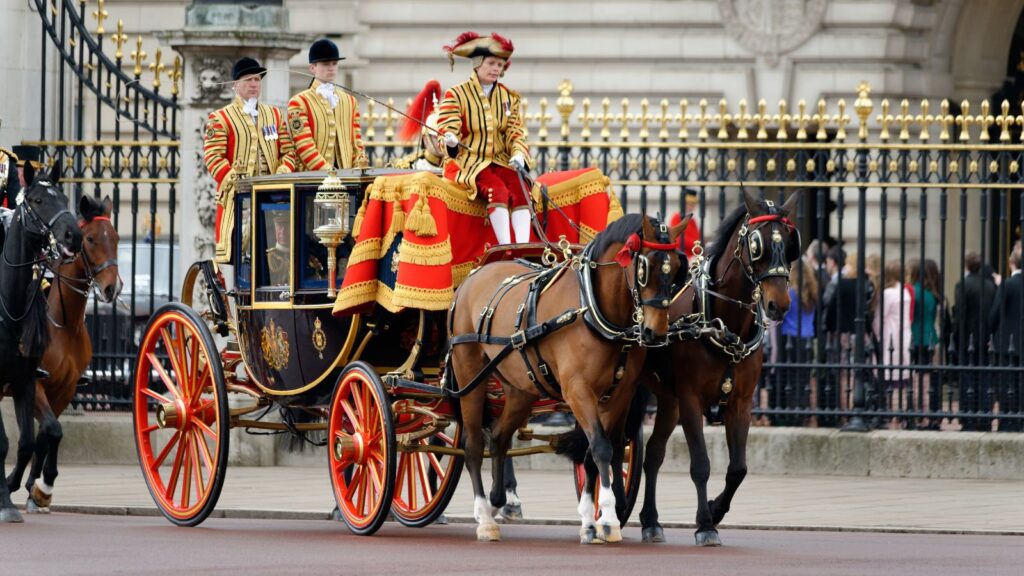The UK monarchy has been a symbol of tradition and continuity for centuries. However, if the country ever decided to abolish it, significant changes would occur across various aspects of British life. Let’s take a look.
Impact on Tourism
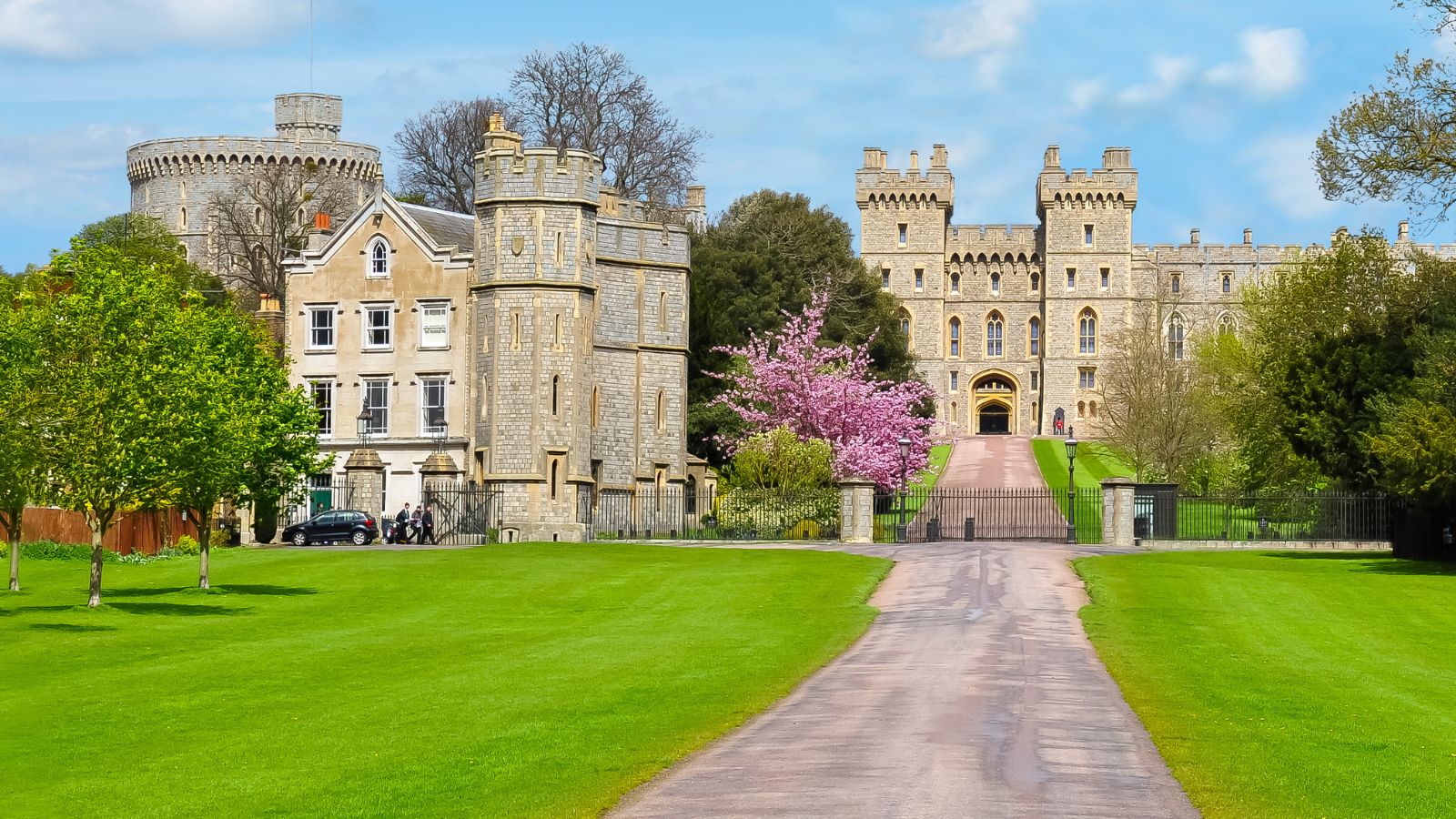
CNN reveals that “around 60% of tourists to the UK are likely to visit places associated with the royal family.” The British royal family is a significant draw for tourists, including iconic sites like Buckingham Palace and Windsor Castle, which attract millions of visitors each year. While these sites would remain, their allure might diminish without the presence of a reigning king or queen.
A Shift in National Identity
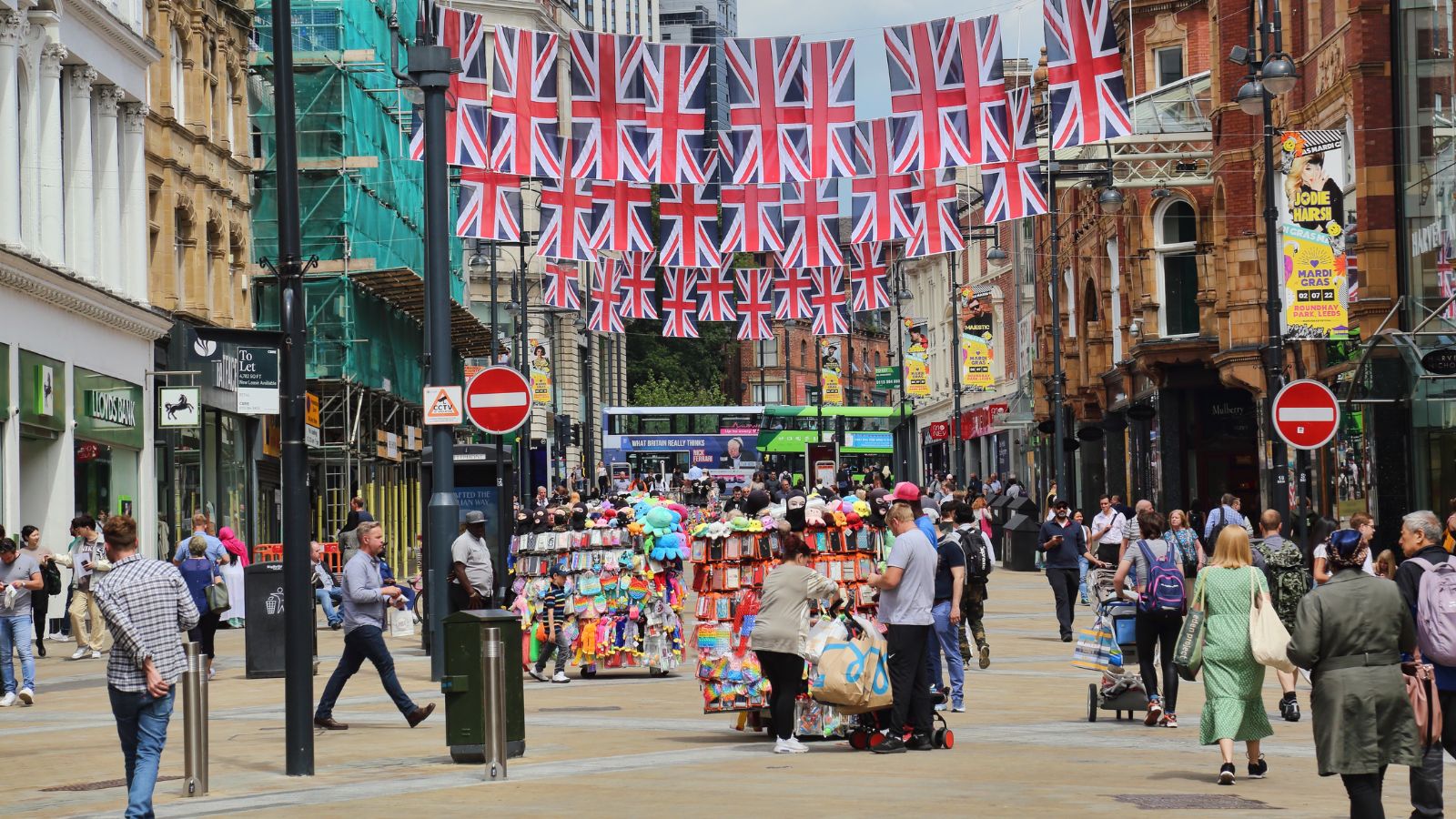
The monarchy is deeply intertwined with British national identity. Removing it would prompt a re-evaluation of what it means to be British. Symbols like the Royal Standard and phrases such as “God Save the King” would lose their place in the public sphere. This could lead to a broader discussion about the values and characteristics that define the UK in the 21st century.
Changes to the Political System

Without a monarch, the UK would need to reconfigure its political structure. The head of state’s role might be filled by an elected president, similar to other republics. This change would require constitutional amendments and potentially lead to a more pronounced separation of powers between the head of state and government.
Financial Implications

The Sovereign Grant, derived from the Crown Estate, funds the royals’ activities. Abolishing them would mean redistributing these funds. Some argue this money could be better spent on public services, while others point out the monarchy’s role in generating economic benefits through tourism and public engagements.
Cultural and Historical Repercussions
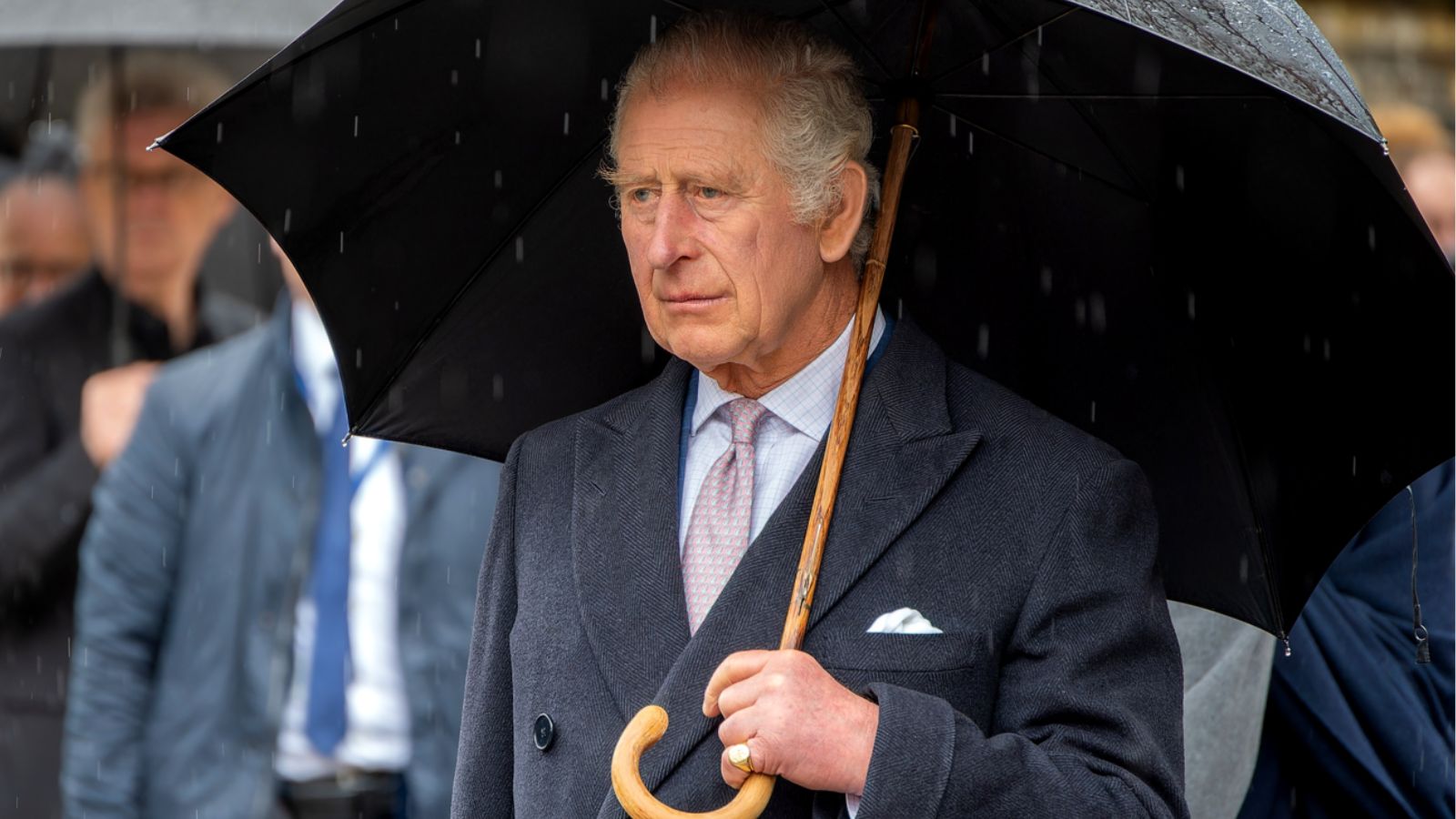
The royals have also played a central role in British history for over a thousand years, so ending it would mark the end of an era and potentially create a cultural void. Institutions like the Church of England, with the current king as its Supreme Governor, would also face significant changes.
Redefining Ceremonial Roles
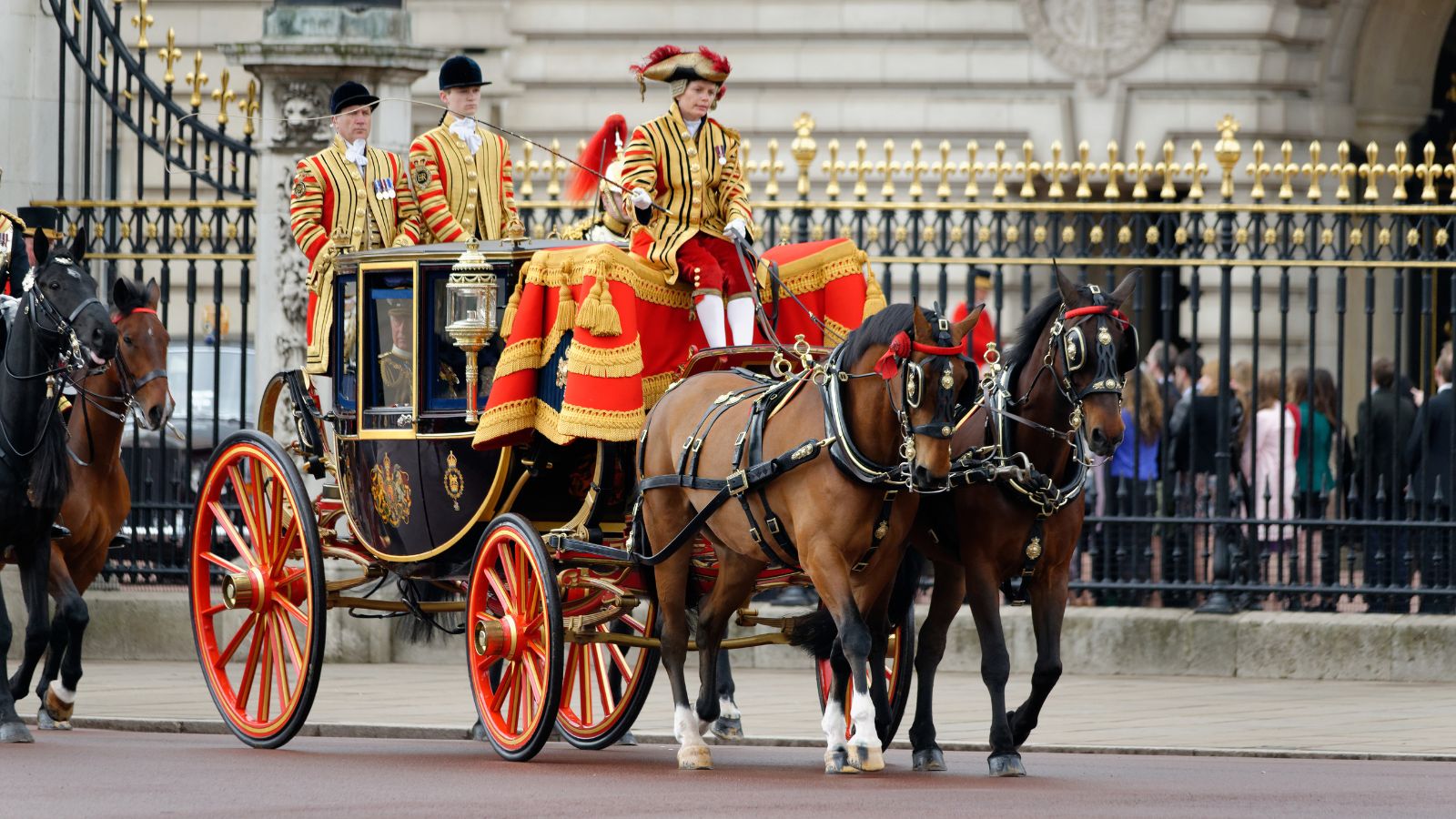
King Charles’s presence is integral to many state ceremonies, such as the State Opening of Parliament and Trooping the Colour. These events would need to be reimagined or replaced, potentially losing some of their traditional pomp and circumstance. New ceremonies would likely emerge, reflecting a more modern national identity.
Impact on the Commonwealth
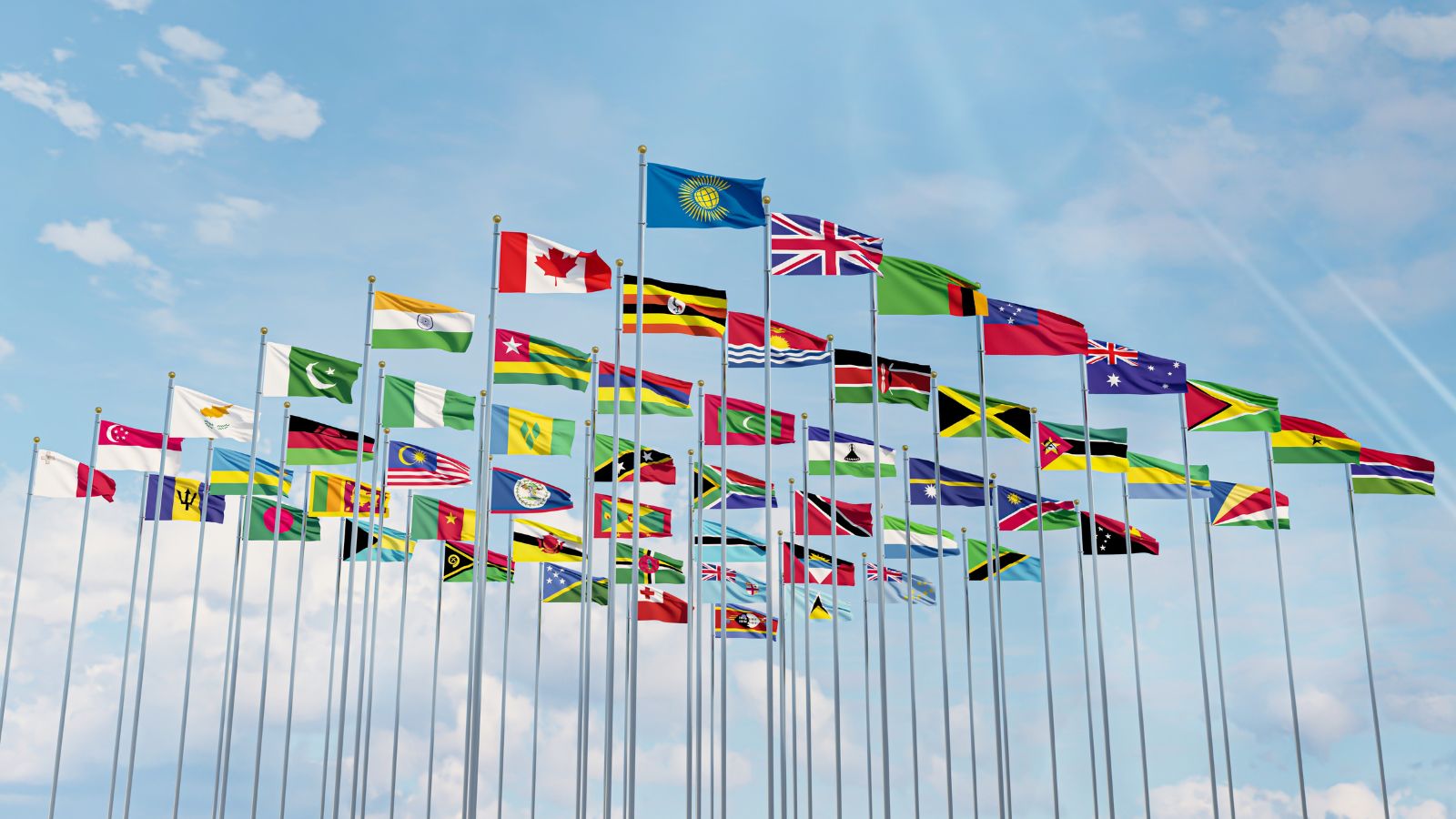
The king is also the head of the Commonwealth, a political association of 56 member states. Abolishing the monarchy could lead to a reorganisation of this role, possibly diminishing the UK’s influence within the Commonwealth. Member countries might reassess their own ties to the royal family and consider becoming republics.
Public Reaction and Debate

Putting an end to the royal line would undoubtedly spark a significant public debate, too, as supporters and opponents of them would engage in discussions about the nation’s future. This debate could be polarising but also a crucial moment for democratic engagement, allowing citizens to voice their opinions on the country’s direction.
International Perception

The British monarchy is one of the most recognisable institutions globally, so its abolition would reshape the UK’s international image, potentially affecting diplomatic relationships. While some countries might view this as a progressive step, others might see it as the loss of a unique cultural institution.
Media Landscape

The royal family, as a whole, affects the media landscape by providing a steady stream of news and gossip. Without it, the media would lose a significant source of content. This could lead to a shift in focus towards other aspects of British life and culture, influencing how the country is portrayed in the press.
Royal Residences and Properties
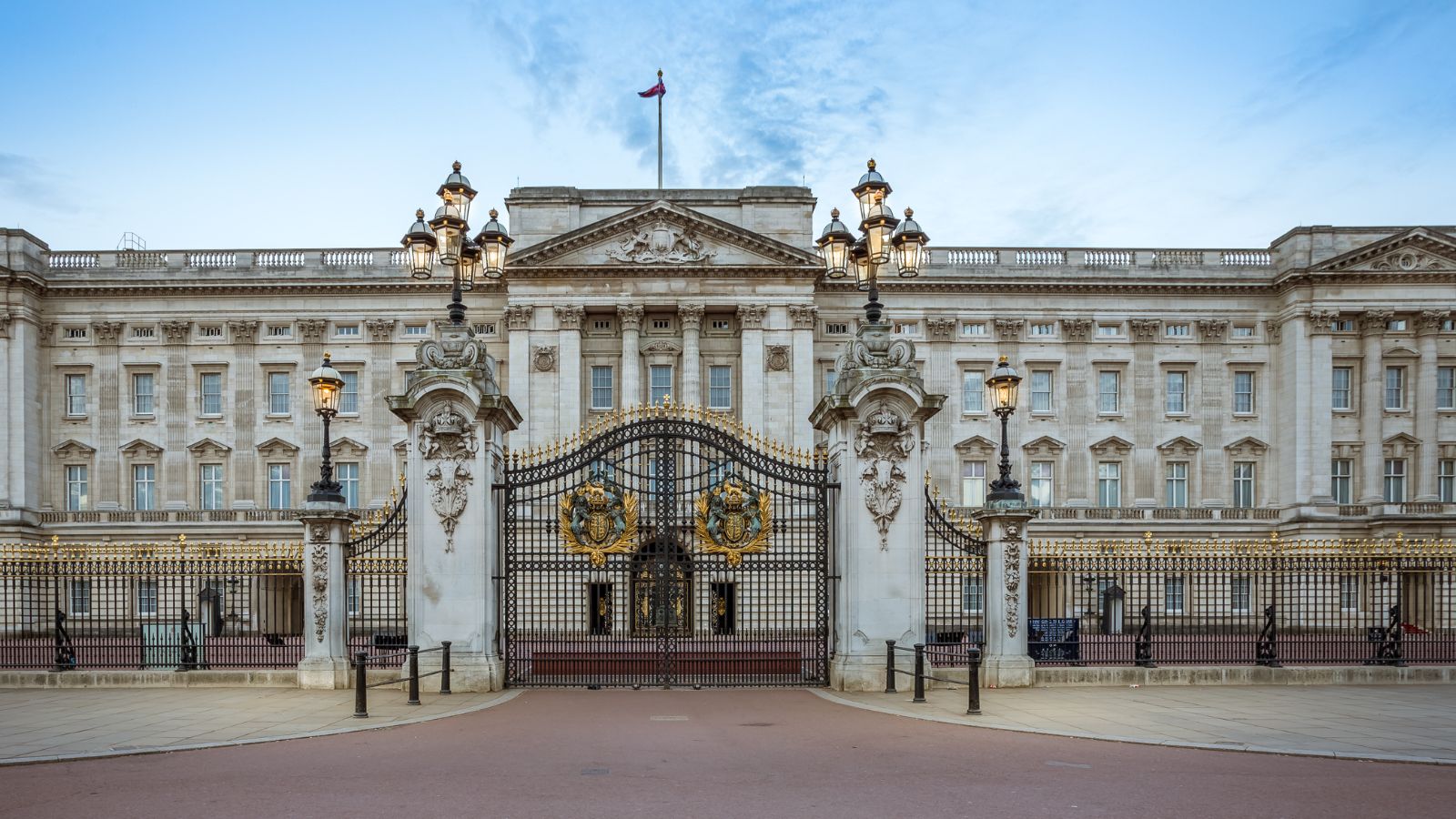
Royal residences like Buckingham Palace and Balmoral Castle would likely be repurposed. They could be transformed into museums, cultural centres, or public attractions, allowing the public greater access to these historical sites. The management and maintenance of these properties would become the responsibility of the state or private organisations.
Evolution of British Traditions
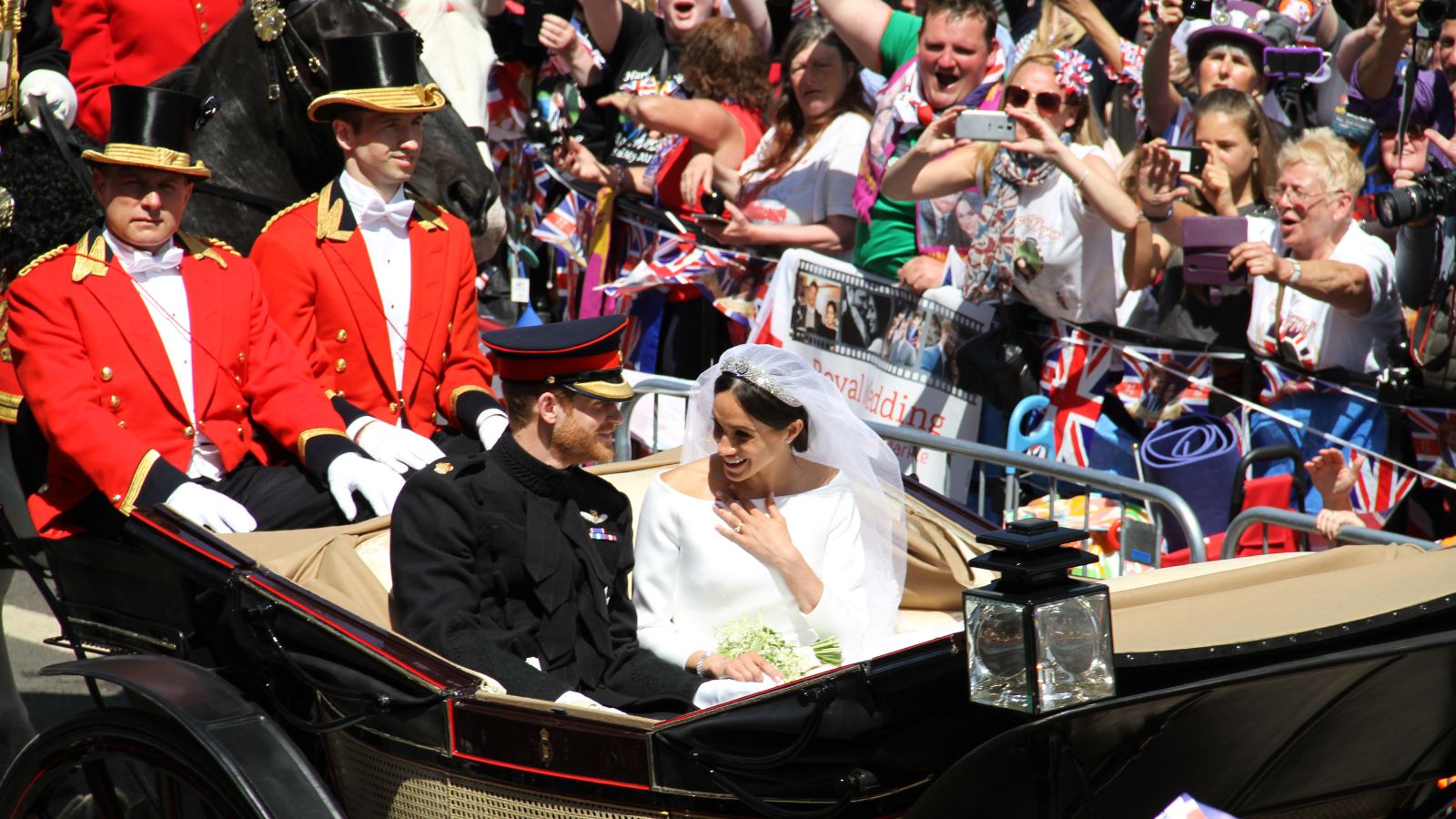
Many British traditions are tied to the royals, including royal weddings and official proclamations. These traditions would need to evolve or be replaced. New national traditions might emerge, reflecting contemporary values and the diverse makeup of modern British society.
Economic Redistribution

The assets and wealth of the reigning family are substantial, so if the monarchy were abolished, there would be debates about redistributing these assets. This could lead to increased funding for public services or infrastructure projects—although it might also involve complex legal and financial processes.
Social and Class Dynamics
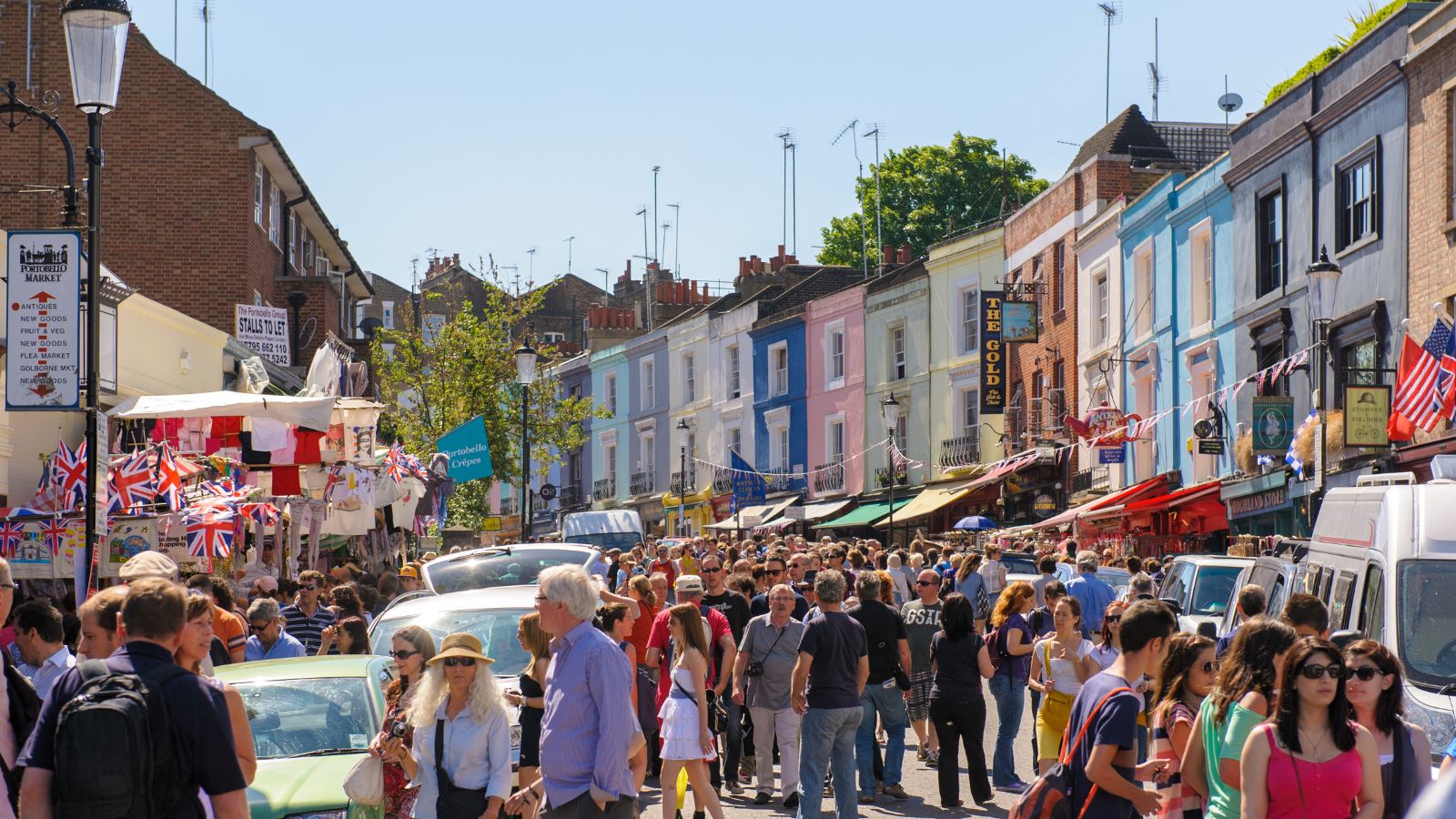
The monarchy is often seen as a symbol of the British class system, too, meaning its abolition could influence social dynamics, potentially resulting in a more egalitarian society. This change might also challenge existing hierarchies and prompt discussions about privilege.
Constitutional and Legal Changes

The UK’s constitution is partially unwritten, with the royals playing a crucial role. Abolishing the monarchy would require significant legal and constitutional changes, including the creation of new laws and, potentially, a written constitution. This process would be complex and involve extensive political negotiation.
End of Royal Patronage
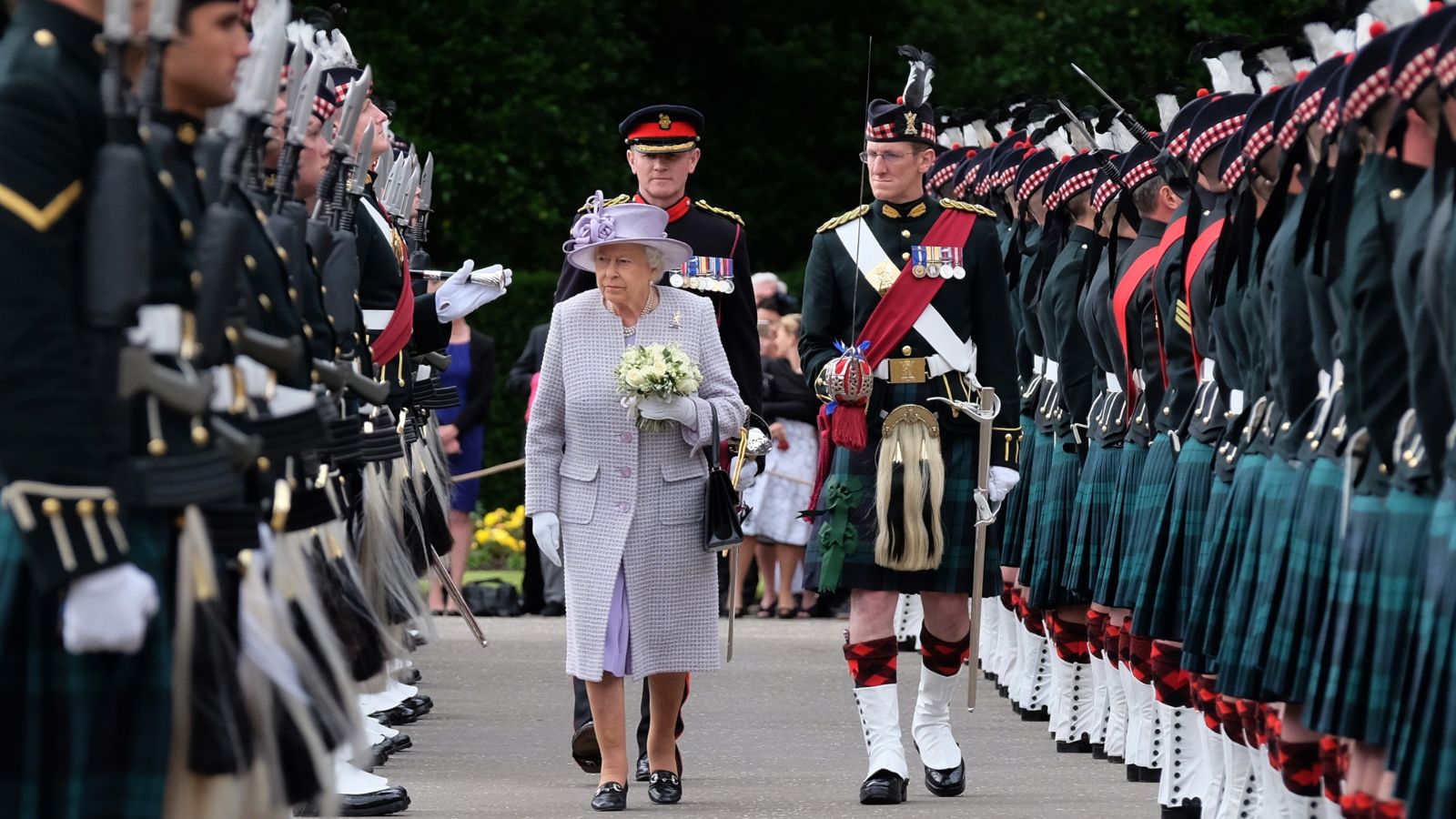
And finally, the royal family is involved in numerous charities and organisations, providing patronage and visibility. Without the monarchy, these charities would lose a significant source of support and publicity. They would need to find new patrons and methods to attract attention and funding for their causes.

